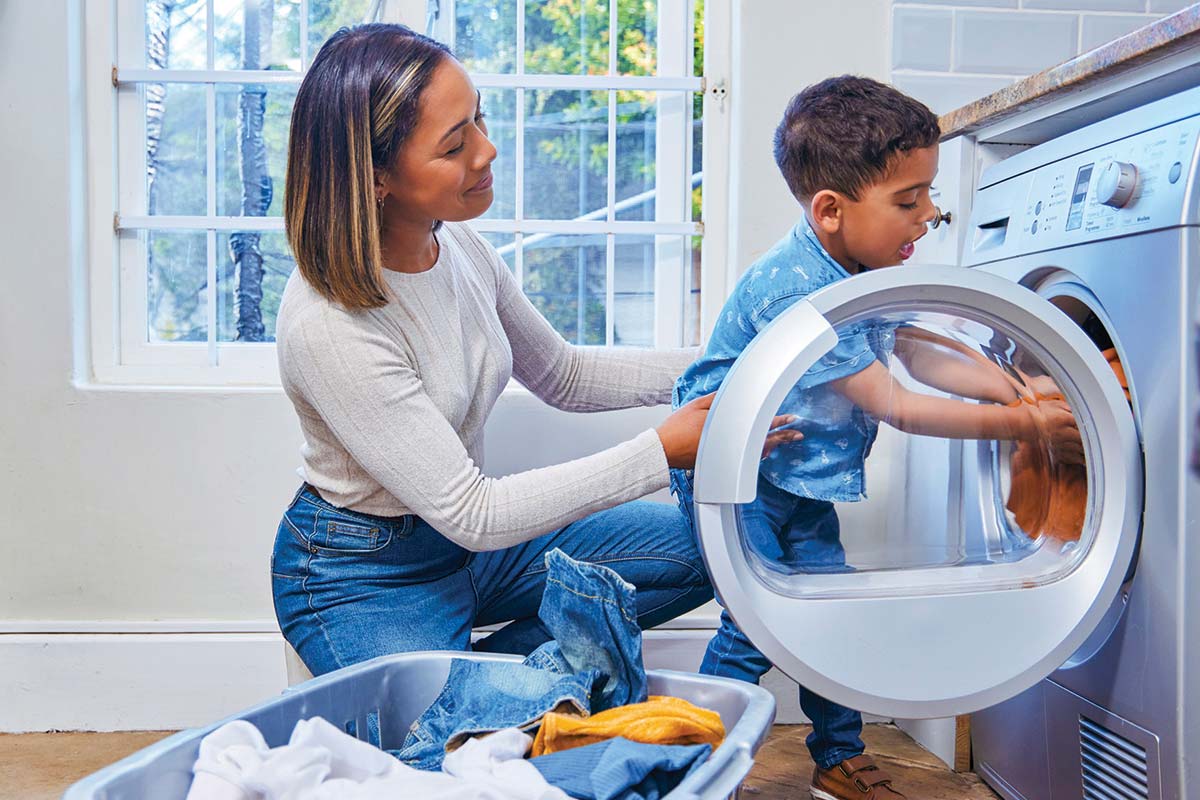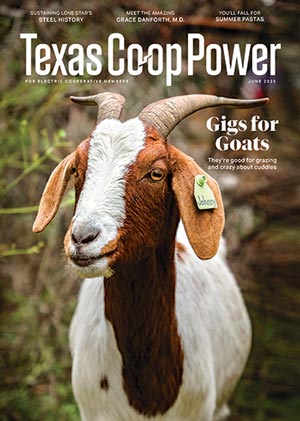Fallacy: Using a bigger air conditioner will cool my house better.
Fact: A smaller air conditioner that runs for a slightly longer period is more efficient than a larger unit that cools the house with short run times. Having an AC professional determine the right-sized system for your home is the optimal solution.
Fallacy: Using an old refrigerator or freezer as a spare is reasonable.
Fact: Old fridges and freezers are usually significantly less efficient than newer models, and keeping the appliance going can cost extra money for minimal benefit. Consider getting rid of the old fridge and using an ice chest instead when you occasionally need additional cold storage.
Fallacy: The way I use my kitchen stove does not affect energy use.
Fact: Cooks can reduce energy use by about half when using the kitchen stove by setting low-heat temperatures, covering pots and pans, or using copper-bottomed pans, which are the best conductors of heat. On an electric stove, turning off the burners to let residual heat finish cooking—and using pans the same size as the burner—can save energy. And preparing food in pressure cookers, microwaves or air fryers uses much less energy than stoves.
Fallacy: Ductwork should be sealed with duct tape.
Fact: Despite the name, duct tape is not the best tool for the job. Poor surface preparation and dusty environments often cause the tape to fall off. The tape also is not as durable as the preferred sealants—mastic or metal tape.
Fallacy: Ceiling fans only save energy during warm weather.
Fact: Circulating air with ceiling fans saves money in all seasons—when on the right setting. In summer, change the rotation of the blades to counterclockwise to direct air down, making the room feel up to 4 degrees cooler. In winter, direct air upward with the blades rotating clockwise.
Fallacy: Heat always rises.
Fact: Warm air rises, but heat can travel in many directions, depending on what forces are acting on it.
Fallacy: Setting the thermostat to a cooler temperature than ultimately needed will make the air conditioner cool faster.
Fact: An air conditioner runs at the same rate until it reaches the thermostat setting. If you set it to a colder temperature, you might forget to put it back to normal and use more energy than necessary.
Fallacy: Washing clothes in hot water is necessary to clean them.
Fact: While warm water might be necessary to remove oil, dirt or infectious germs, doing laundry with cold water is sufficient for most washes. Heating water consumes the majority of the energy used to do laundry.


